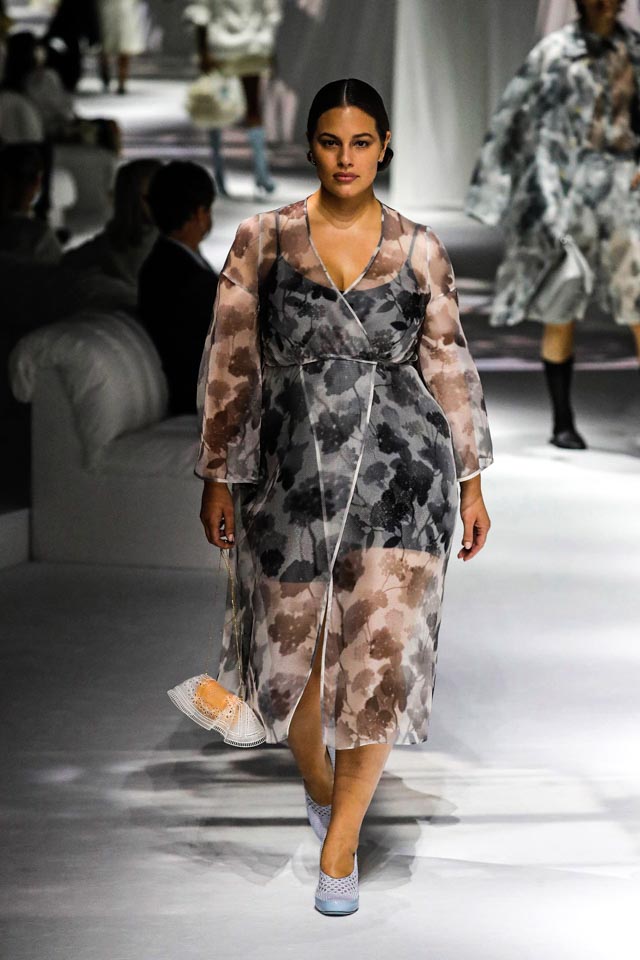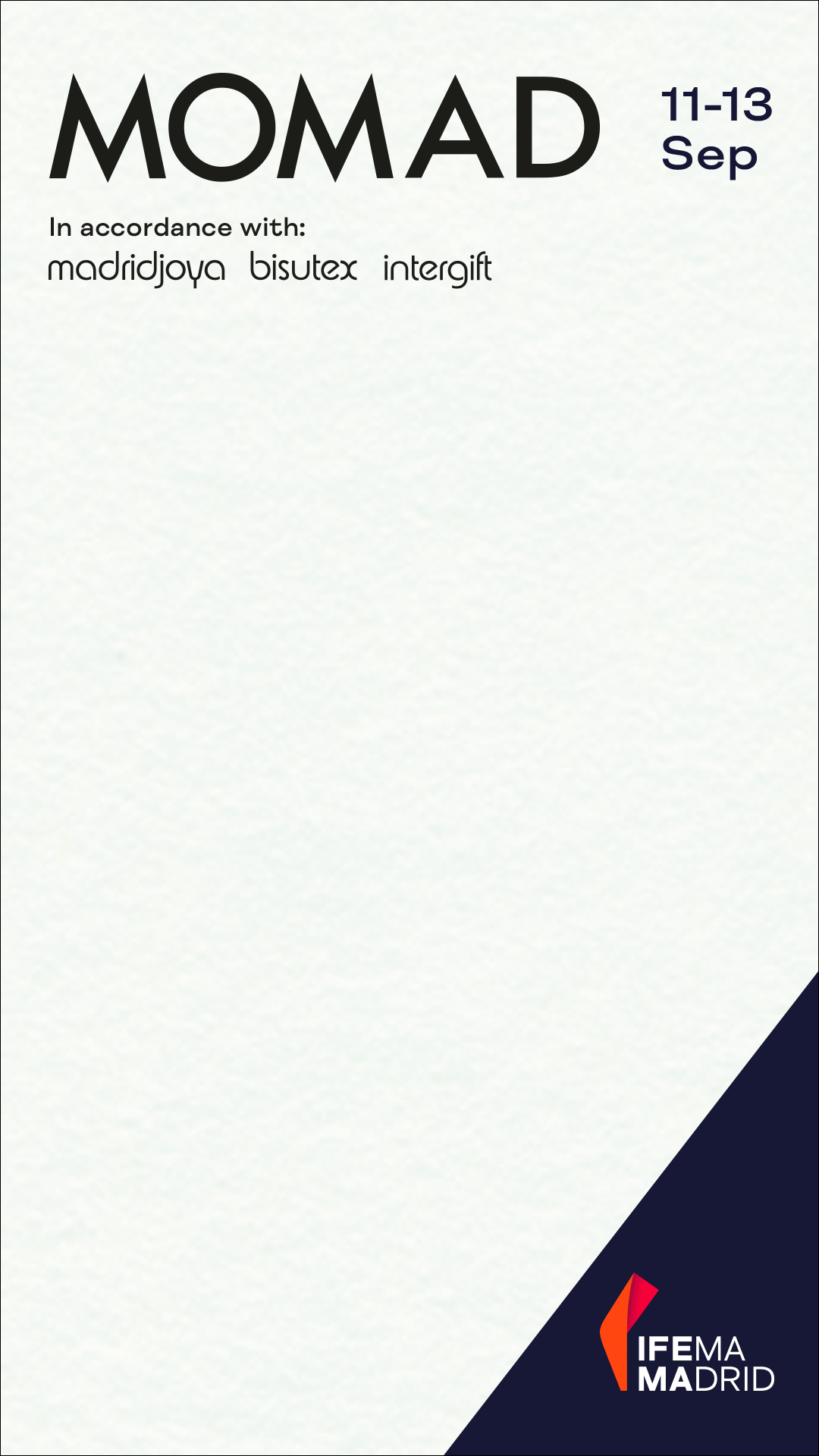
How Feminism Belongs in Sustainable Fashion
To achieve a more sustainable business, feminism can be a useful ally! For the reminder, feminism is the fight to deconstruct patriarchy, a system putting constraint on people depending on their sex and gender, resulting in multiple oppressions that mostly fall on women.
If, at first, the link between feminism and sustainable fashion might not seem obvious, Luxiders analyzed how and why it can, in fact, help the industry become more caring and therefore responsible.
GARMENT WORKERS AND TRUE EMPOWERMENT
The first point highlighted by feminist advocates for sustainable fashion is the situation of garment workers. Indeed, about 80% of them are women according to Clean Clothes Campaign, mostly working in developing countries. « Traditional » fashion, whether it is fast fashion or even numerous luxury brands, makes little case of these workers’ rights, while their independence and the survival of their families depend on their wages. Fighting for an ethical production including a living wage for the workers, health insurance, reasonable hours and regular audits from third parties can therefore contribute to improve the situation of millions of women throughout the world and globally help this discriminated group develop more tools against patriarcal oppression.
There is a disturbing paradox maintained by some brands claiming that their clothes, thanks to their design, empower the women who wear them, but who do not have any idea who made those clothes and in which conditions. This absence of transparency empowers their clients (often richer, occidental women), but not the workers (often poorer women in Eastern and Southern countries). Some people seem to consider that they have no impact on other peoples’ lives through their consumption, but it has become increasingly rare in our globalized world. Responsible fashion brands committed to an ethical production process are addressing this issue. For feminists, it is also important to acknowledge that sorority isn’t just a local concept : as famous activist Livia Firth said—
“We can’t value the lives of other women less than ours simply because they’re far away.”

THE STAKES OF A CONSCIOUS MARKETING
Marketing and social media content in fashion could also use a more feminist approach. A responsible fashion product should be gentle for the environment, empowering for the people creating it and, last but not least, contributing to the happiness of the person wearing it. However, the fashion industry is known to promote extremely harmful imagery that severely attacks mental health, especially women’s. This begins with the lack of inclusivity in campaigns and fashion media. For long, the industry has promoted unrealistic body standards in the image of white, super skinny bodies, yet with generous shapes. While some women do happen to look like this, constantly highlighting only this kind of beauty put most women in the very uncomfortable position of thinking that their bodies were never good enough. Indeed, according to Elizabeth Bloomfield-Deal, therapist at McCallum Place Eating Disorders Center, the average fashion model today is 23% thinner than the average woman. This disparity can contribute to developing eating disorders, depression or intensively using plastic surgery.
Inclusivity isn’t the only aspect fashion brands need to work on for the conceptualization of their products : hyper-sexualisation of the female body and gender stereotypes can deeply impact young girls’ minds and make it even harder for them to be their unique self when they grow up. One of the worst and biggest example of this is Victoria’s Secret: for a very long time, they promoted a femininity that had to be sexy, without any imperfections, and always young. According to Unicef USA, research found that only 11% of girls worldwide would call themselves beautiful and six in ten girls avoid participating in life activities because of concerns about the way they look. The famous NGO points the responsibility of hyper-sexualized models of femininity in the media, to which the fashion industry massively contributes.
Fortunately, many brands embraced a modern and diverse way of representing women in the last few years. The best example might be SAVAGE X FENTY by Rihanna, celebrating women in all of their nuances, whether it is about skin color or shape. During Women’s Fashion Weeks for Spring Summer 21, curvy models like Paloma Elsesser, Alva Claire or Precious Lee graced the catwalks of Fendi, Versace and other major brands. Diversity is clearly on the rise, with lingerie brands leading the way. Sustainable brand Nette Rose, for example, excels at creating inclusive content for their social media. There are hundreds of inclusive initiatives emerging in the industry, thanks to the awareness risen by activists and the will of many designers to create daring fashion, closer to the reality of people.

MOVING FORWARD
We can already see the impact of feminist insights on the industry. The Me Too movement, for example, allowed many sexual assault survivors to speak up about predatory behaviors that were once overlooked, for example with the Testino and Weber scandals in 2018. Designer Alexander Wang, accused by many men and trans women of sexual abuse in early 2021, is the most recent example of this. Hopefully, this wave of testimonies will inspire powerful fashion institutions and personalities to create safer and healthier workplaces for people in the industry.
On a more positive note, we can also see that more women are reaching powerful positions and helping the industry to be more diverse by bringing their female gaze. We can, for example, speak of the committed designer Gabriela Hearst, renowned for her eco-responsible approach and appointed creative director of Chloé, or the Haute Couture designer Iris Van Herpen, whose reputation is well established. Responsible fashion brands seem to be even more diverse! Designer Mara Hoffman and her eponymous label, luxury brand Mother of Pearl directed by Amy Powney, or of course Stella McCartney, one of the first feminine modern designers to have held a series of major positions and pioneer of sustainability in luxury .
These changes, whether they concern the functioning of the industry, representation in marketing campaigns or access to decision-making positions for women, are of course (too) slow. But it is clear that discussions around this subject have multiplied in the industry in recent years, and it is a safe bet that the wave is not about to be stopped!
*Head Image: Alva Claire for Versace SS21

+ Words: Claire Roussel, Luxiders Magazine Contributor
Claire Roussel is a fashion writer dedicated to sustainability and social issues. She uses her passion for writing to tell the stories of the people fighting to make the fashion industry a more responsible one.








